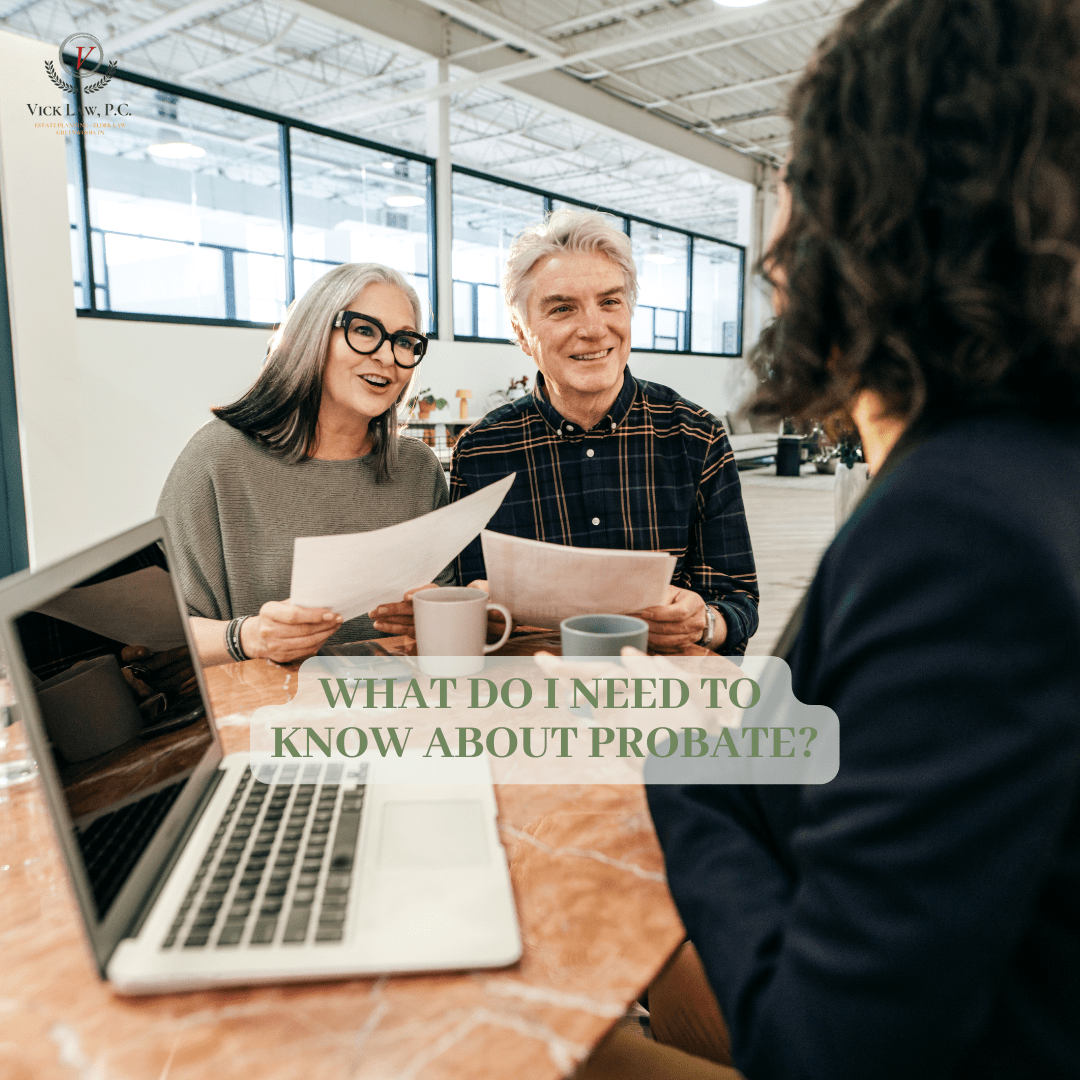What do I need to know about probate? Probate is started when an individual files a petition for probate in the state's probate court system. The petition is normally filed by the executor of the deceased's will or by a member of the deceased's family. The person filing the petition must also file the original last will and testament and a copy of the certified death certificate.
In the initial hearing, the probate court appoints the executor for the deceased's estate. This individual is responsible for distributing the deceased's estate to the proper beneficiaries, among other administrative duties. The court grants the executor with Letters Testamentary (or Letters of Administration), which gives the executor the authority to pay bills, sell assets and perform other tasks, says Investopedia’s recent article, “What Is Probate Court?”
The executor will then notify those to whom the deceased owed money (creditors), notify beneficiaries, inventory the deceased's assets, pay outstanding bills, sell assets if necessary to pay what's owed, pay taxes and file a final tax return.
Once this is done, the executor distributes the remaining assets to the beneficiaries, according to the will. The probate court oversees the executor's activities and addresses any issues that may come up. The executor normally must give an accounting of exactly how the estate was handled. Once the court approves this, it closes the probate process.
Why You Need a Will
If a person dies without a will, the probate court distributes their assets to their next of kin, according to the relevant state's probate laws. This is known as the law of intestate succession. This sets out the distribution of assets between surviving spouses, children, grandchildren, siblings, parents, aunts, uncles, and other relatives.
At a probate court hearing, the judge will detail the executor’s responsibilities under the will, including contacting any beneficiaries and creditors, appraising the deceased's assets, and paying any outstanding creditors and taxes. At the second court hearing, the judge will typically verify that these items have been completed and then close out the estate, so that the transfers of money and other assets in the estate may commence.
Vick Law, P.C. provides comprehensive guidance and support throughout the probate process, and our goal is to help you avoid probate court altogether through strategic estate planning. By creating a solid estate plan, we can help you minimize the need for probate, saving time, costs, and potential disputes for your loved ones. Contact our estate planning firm in Greenwood, IN today to schedule a consultation and let us assist you in navigating the complexities of probate with experience and compassion, through effective estate planning strategies.
Investopedia (September 21, 2022) “What Is Probate Court?”

